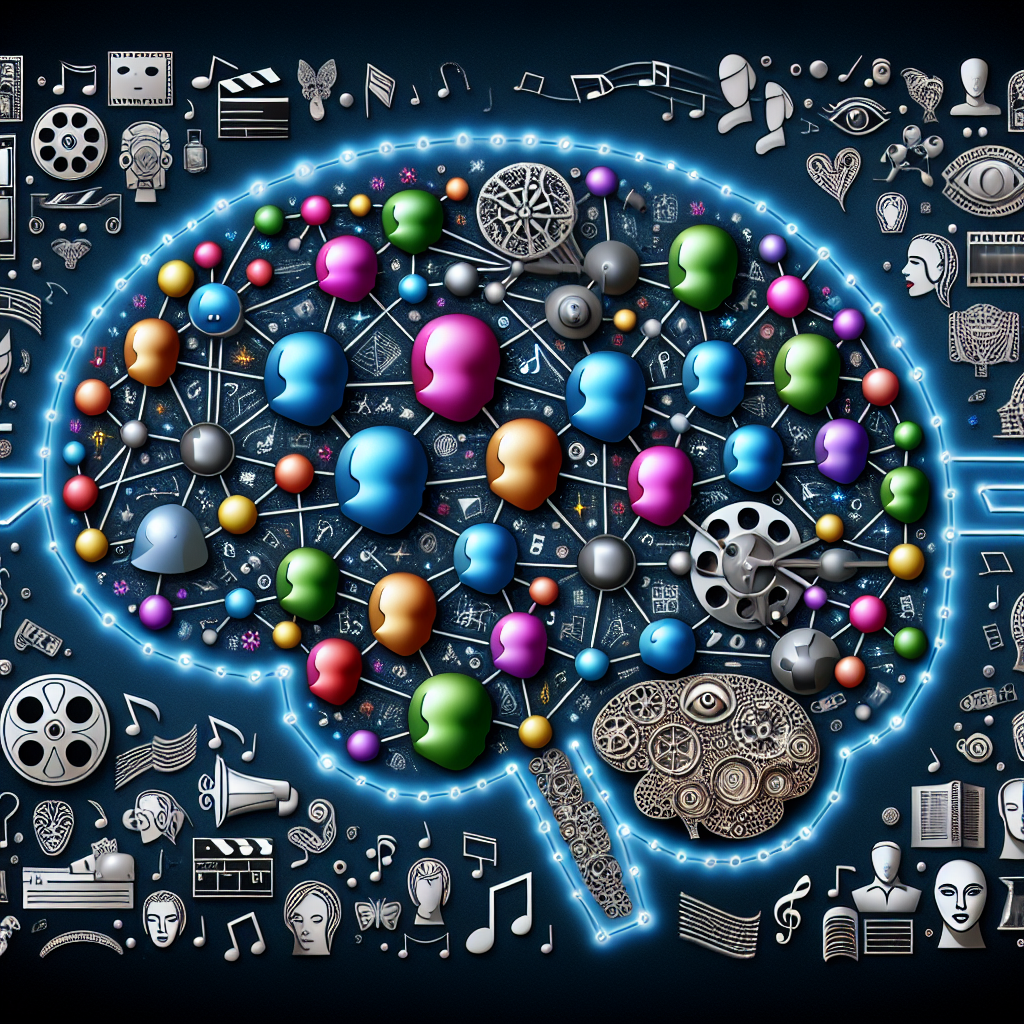Artificial Intelligence (AI) has been a game-changer in many industries, including entertainment. From personalized recommendations on streaming platforms to the use of deep learning algorithms in filmmaking, AI has revolutionized the way we consume and create content. However, one area where AI has the potential to make a significant impact is in improving diversity and inclusion in entertainment.
Diversity and inclusion have become hot topics in the entertainment industry in recent years, with calls for greater representation of marginalized communities both in front of and behind the camera. While strides have been made towards greater diversity in entertainment, there is still a long way to go. AI can help bridge this gap by providing tools and solutions that can increase diversity in casting, storytelling, and production processes.
One way AI can improve diversity and inclusion in entertainment is through the use of data analytics. By analyzing large datasets of viewer preferences and behaviors, AI can help content creators understand what audiences want to see and tailor their content to better reflect the diversity of their viewership. For example, AI can analyze the demographics of viewers who watch a particular show or movie and provide insights into what types of stories and characters resonate with different audiences.
AI can also help increase diversity in casting by identifying talented actors and actresses from underrepresented communities. Casting decisions in Hollywood have traditionally been influenced by biases and prejudices, but AI can help remove some of these barriers by focusing on an actor’s talent and skills rather than their background or appearance. By using algorithms that are trained on a diverse range of actors, AI can help casting directors discover new talent and create more inclusive casting choices.
In addition to casting, AI can also improve diversity in storytelling by helping writers and directors create more authentic and nuanced portrayals of underrepresented communities. By analyzing patterns in storytelling and character development, AI can help identify stereotypes and biases in scripts and suggest alternative approaches that are more inclusive and respectful. This can help ensure that marginalized communities are represented in a more meaningful and accurate way in entertainment content.
Another way AI can improve diversity and inclusion in entertainment is through the use of virtual reality (VR) and augmented reality (AR) technologies. These immersive technologies can provide more inclusive and accessible experiences for audiences with disabilities or other barriers to participation. By using AI to personalize and adapt content for individual viewers, VR and AR platforms can create more inclusive entertainment experiences that cater to a diverse range of preferences and needs.
Furthermore, AI can help improve diversity and inclusion in the production process by automating repetitive tasks and streamlining workflows. By using AI-powered tools for editing, visual effects, and post-production, filmmakers can save time and resources that can be reinvested in creating more diverse and inclusive content. AI can also help ensure that content is accessible to a wider range of audiences by providing real-time captioning, audio descriptions, and translations for different languages.
Overall, AI has the potential to revolutionize the entertainment industry by increasing diversity and inclusion in all aspects of content creation and consumption. By leveraging the power of data analytics, machine learning, and immersive technologies, entertainment professionals can create more inclusive and representative content that resonates with a diverse global audience.
FAQs:
Q: How can AI help increase diversity in casting?
A: AI can help increase diversity in casting by identifying talented actors and actresses from underrepresented communities. By using algorithms that are trained on a diverse range of actors, AI can help casting directors discover new talent and create more inclusive casting choices.
Q: How can AI improve diversity in storytelling?
A: AI can improve diversity in storytelling by helping writers and directors create more authentic and nuanced portrayals of underrepresented communities. By analyzing patterns in storytelling and character development, AI can help identify stereotypes and biases in scripts and suggest alternative approaches that are more inclusive and respectful.
Q: How can AI improve diversity and inclusion in the production process?
A: AI can improve diversity and inclusion in the production process by automating repetitive tasks and streamlining workflows. By using AI-powered tools for editing, visual effects, and post-production, filmmakers can save time and resources that can be reinvested in creating more diverse and inclusive content.

